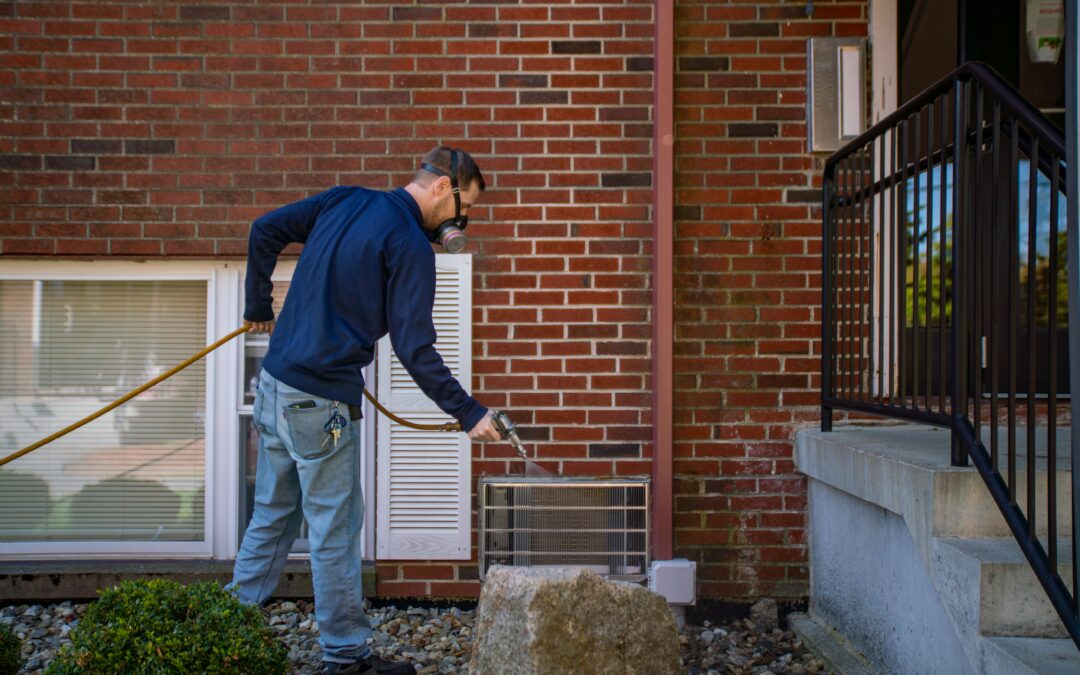You may have noticed winged ants at some point. These ants are also known as swarmers, and they are part of the reproductive caste of a colony. In terms of appearance, they resemble ant workers, but they are slightly larger and they have two pairs of wings. As such they can be easy to identify, but you have to be careful, because termite swarmers look very similar. Termite swarmers however have stockier bodies, straight antennae and four wings of equal length. If you are able to catch one of these insects and look at them up close, you will be able to tell them apart.
Their role in the colony
Swarmers have one purpose – to start new ant colonies. As a colony reaches maturity, it will start to produce this new caste of ants, which is composed of both males and females. Then, during certain periods of the year, these swarmers fly out of their colonies and mate with each other. The male swarmers will die shortly after, while the females will go on to start new colonies. However, this is not an easy endeavor. The majority of females will die as well, with only a handful being able to start a new nest.
What to do if you spot swarmers
Spotting swarmers means that there is a mature ant colony nearby. Seeing these fly around your property is not necessarily a big issue, because most swarmers will not succeed in starting colonies, but if you see the swarmers in your home, then that is a strong indication that there is a colony indoors. At this point, you want to get in touch with a pest control pro in order to remove the infestation.
Can you control ant swarmers?
Ant swarmers are harmless so there is no need to really control them. Instead, they should be viewed as a potential sign that there is an infestation somewhere on your property. Most ant infestations go undetected, but luckily, they do not pose a big threat. However, there are a few species that are downright dangerous and destructive, species such as the pharaoh and carpenter ant. This is why it’s important to detect ant infestations and have them removed as soon as possible. If you have any questions about ant infestations, or if you’ve noticed swarmers flying around and you suspect there is a colony nearby, contact us today.

